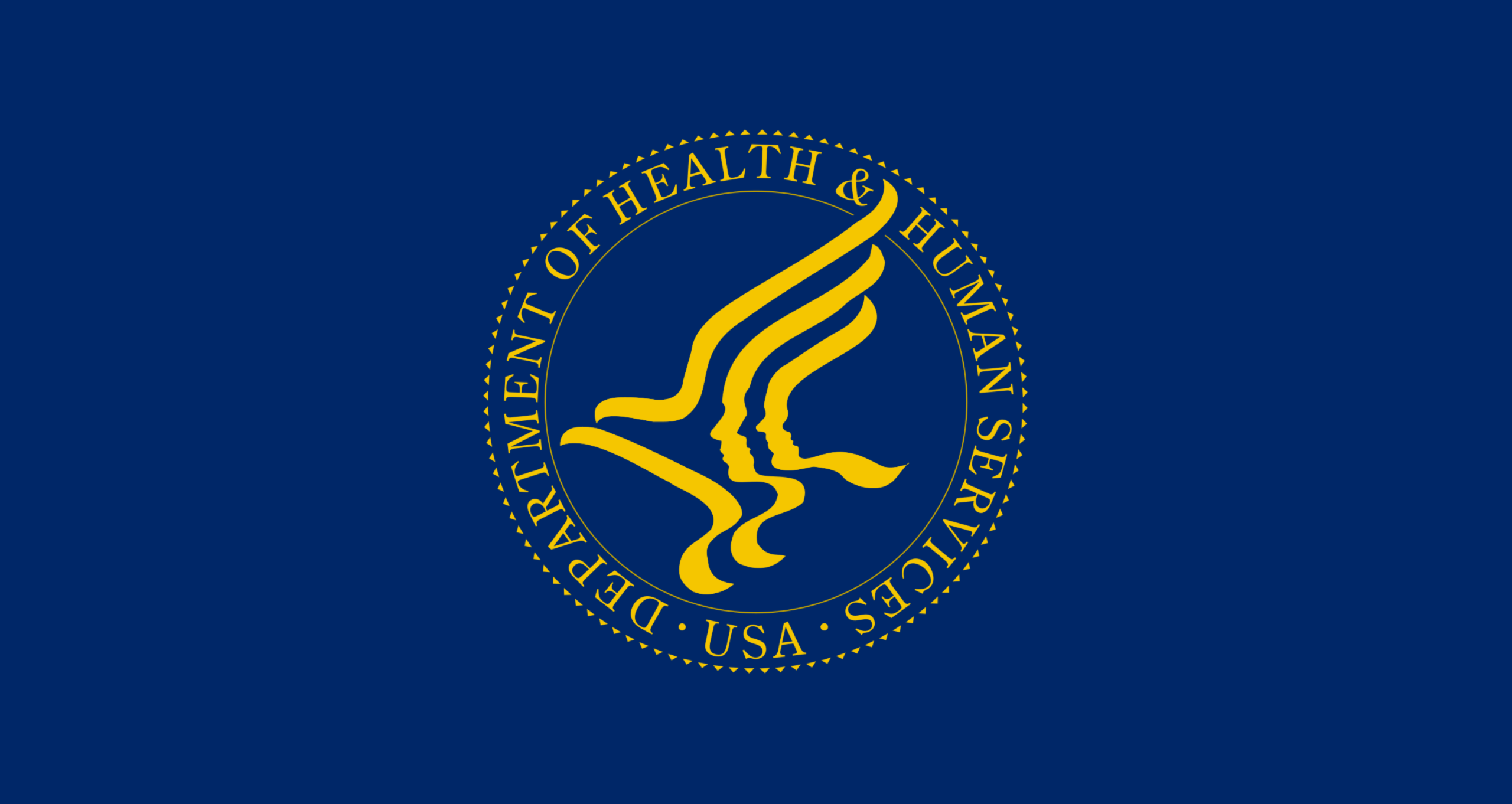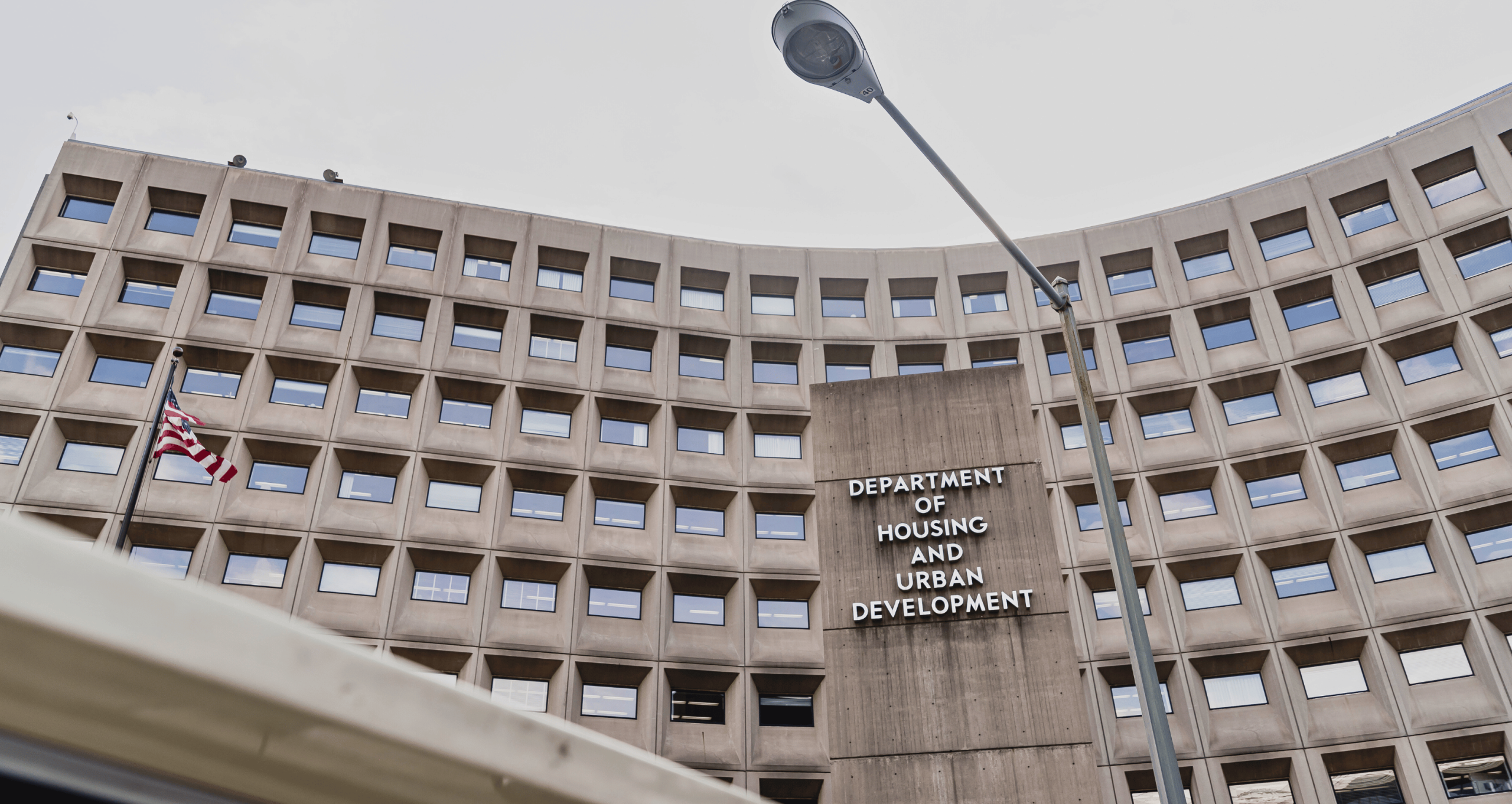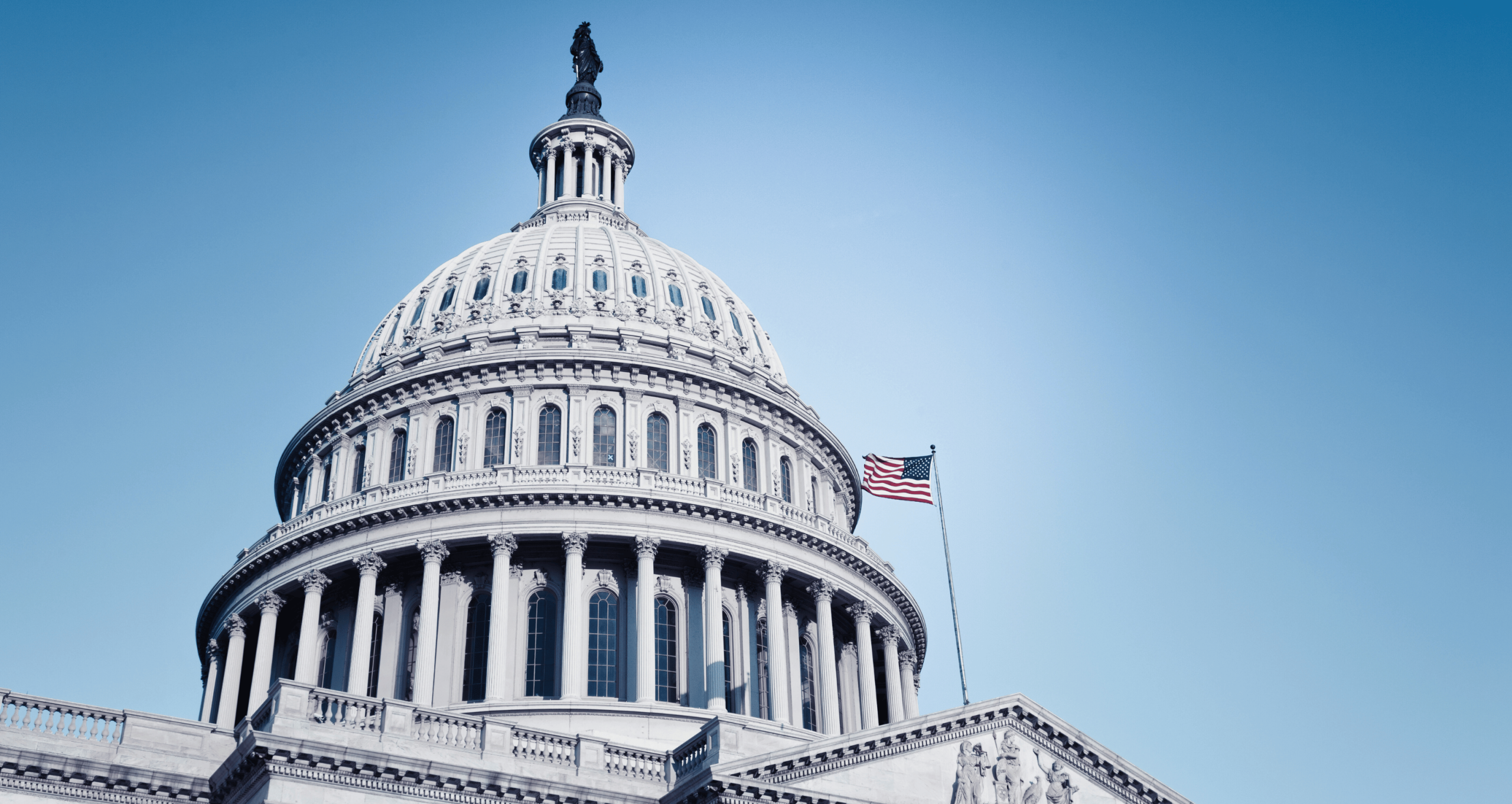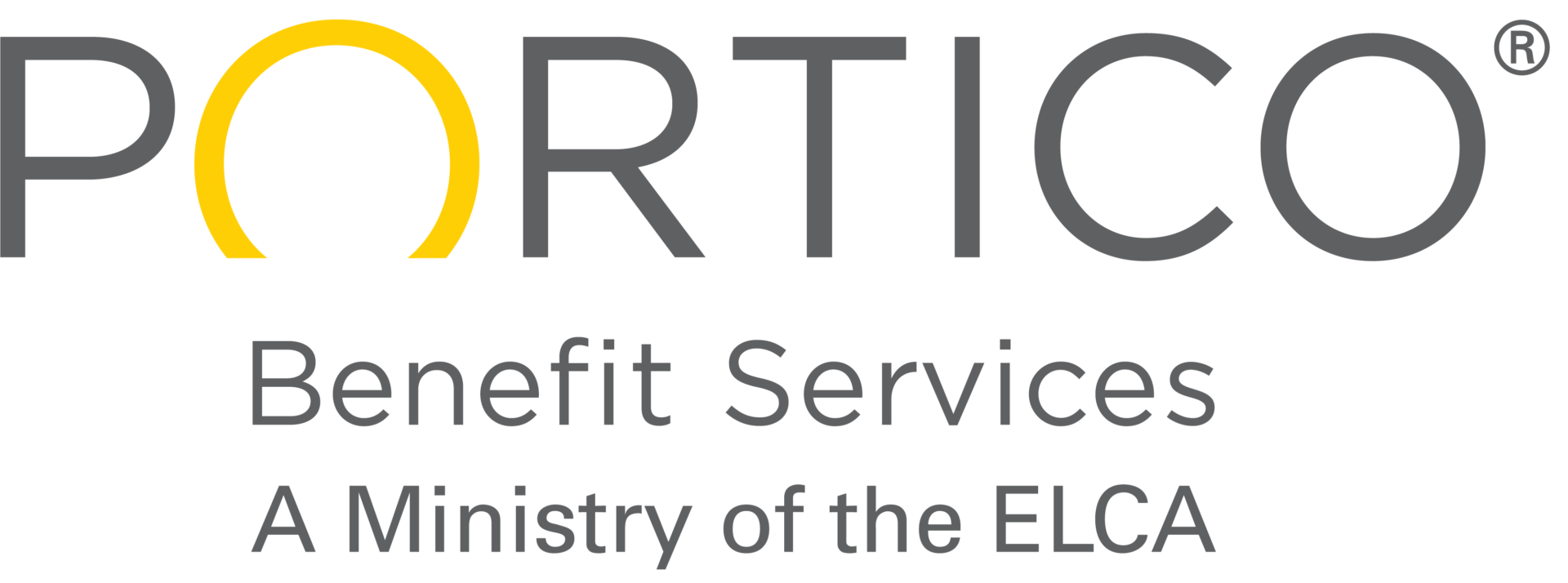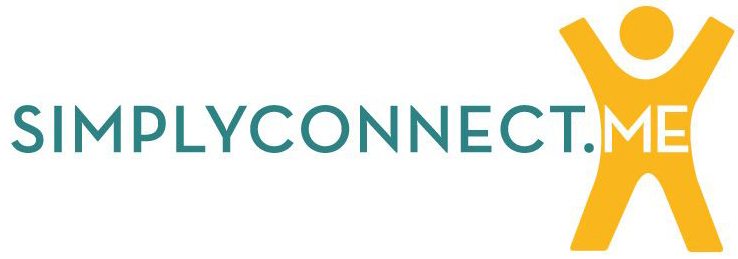The 2020 pandemic exposed the devastating effects of social isolation across all age groups. In May 2023, the U.S. Surgeon General recognized loneliness, isolation, and lack of connection as an urgent public health crisis. This issue is particularly significant for seniors, who often face barriers such as limited mobility, lack of transportation, and financial constraints. In fact, one in four Americans aged 65 and older is considered socially isolated.
 As part of the Santa for Seniors program by Lutheran Community Services Northwest, “Time to Talk” was developed to foster intergenerational connections, promote the physical and mental well-being of older adults, and cultivate empathy and awareness among youth. In partnership with local private school Annie Wright, middle school students engage with seniors on a weekly basis.
As part of the Santa for Seniors program by Lutheran Community Services Northwest, “Time to Talk” was developed to foster intergenerational connections, promote the physical and mental well-being of older adults, and cultivate empathy and awareness among youth. In partnership with local private school Annie Wright, middle school students engage with seniors on a weekly basis.
Before their visits, students participate in Senior Sensitivity Training, where they experience some of the mobility, hearing, and vision challenges seniors often face. They are then paired with a senior living in a local senior community.
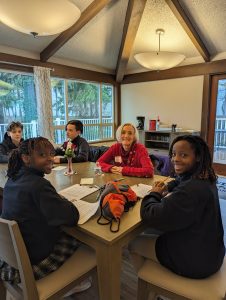 Each session is structured to encourage meaningful interactions. Students receive a set of conversation prompts, an icebreaker, and an activity—such as origami—to enjoy together.
Each session is structured to encourage meaningful interactions. Students receive a set of conversation prompts, an icebreaker, and an activity—such as origami—to enjoy together.
Questions may include: Where did you grow up? Did you have pets? What was your first job? Do you have any words of wisdom? Depending on their grade level, students may also design their own interview questions or activities. At the end of the semester, they create a keepsake for their older adult partner, capturing the stories and insights shared during their time together.
This program offers invaluable benefits for both students and older adults. Students build confidence in conversing with others, practice note-taking and interview skills and gain a deeper appreciation for different life experiences. Older adults, in turn, enjoy engaging activities that bring them out of their apartments, create shared experiences, and offer a meaningful opportunity to pass down their stories.
The impact of “Time to Talk” is best reflected in the words of its participants. One older adult shared, “Seniors get to talk and share and feel like they belong to something.” Another emphasized the importance of intergenerational connections, stating, “It’s important to
stay connected to younger people because when you don’t have that, you don’t enjoy all that life has to offer.”
Students, too, have expressed the program’s value. One participant reflected, “I think it’s a really valuable experience because you don’t really understand the struggles elderly people face every single day.” Another student shared, “Thank you for giving us the opportunity to hear others’ life stories and experiences.”
Connections and friendships between generations are essential for keeping seniors engaged and happy while helping students develop empathy and a greater understanding of the world. “Time to Talk” strengthens these bonds, honoring seniors by giving students the chance to learn from their wisdom and experiences.
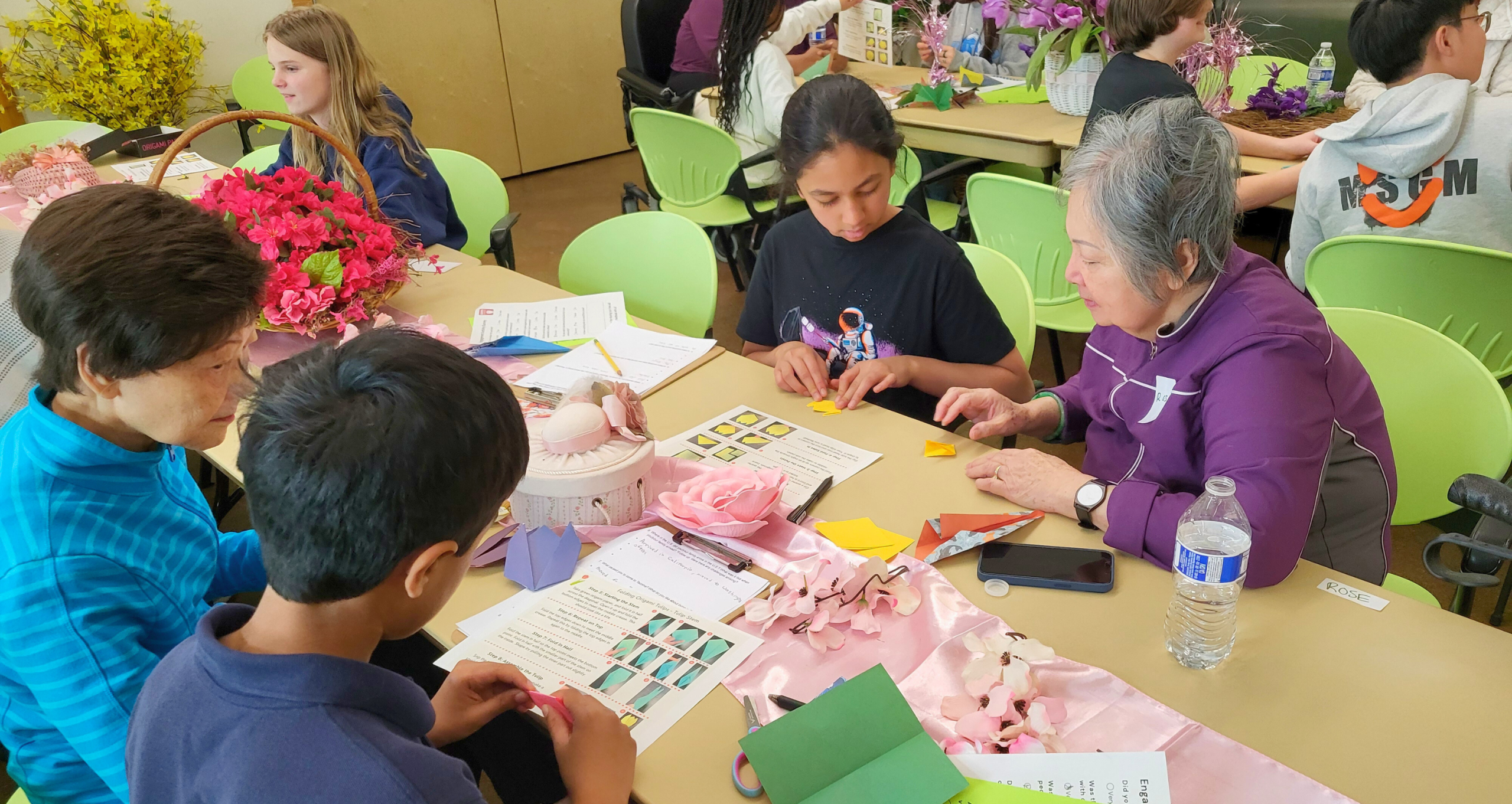

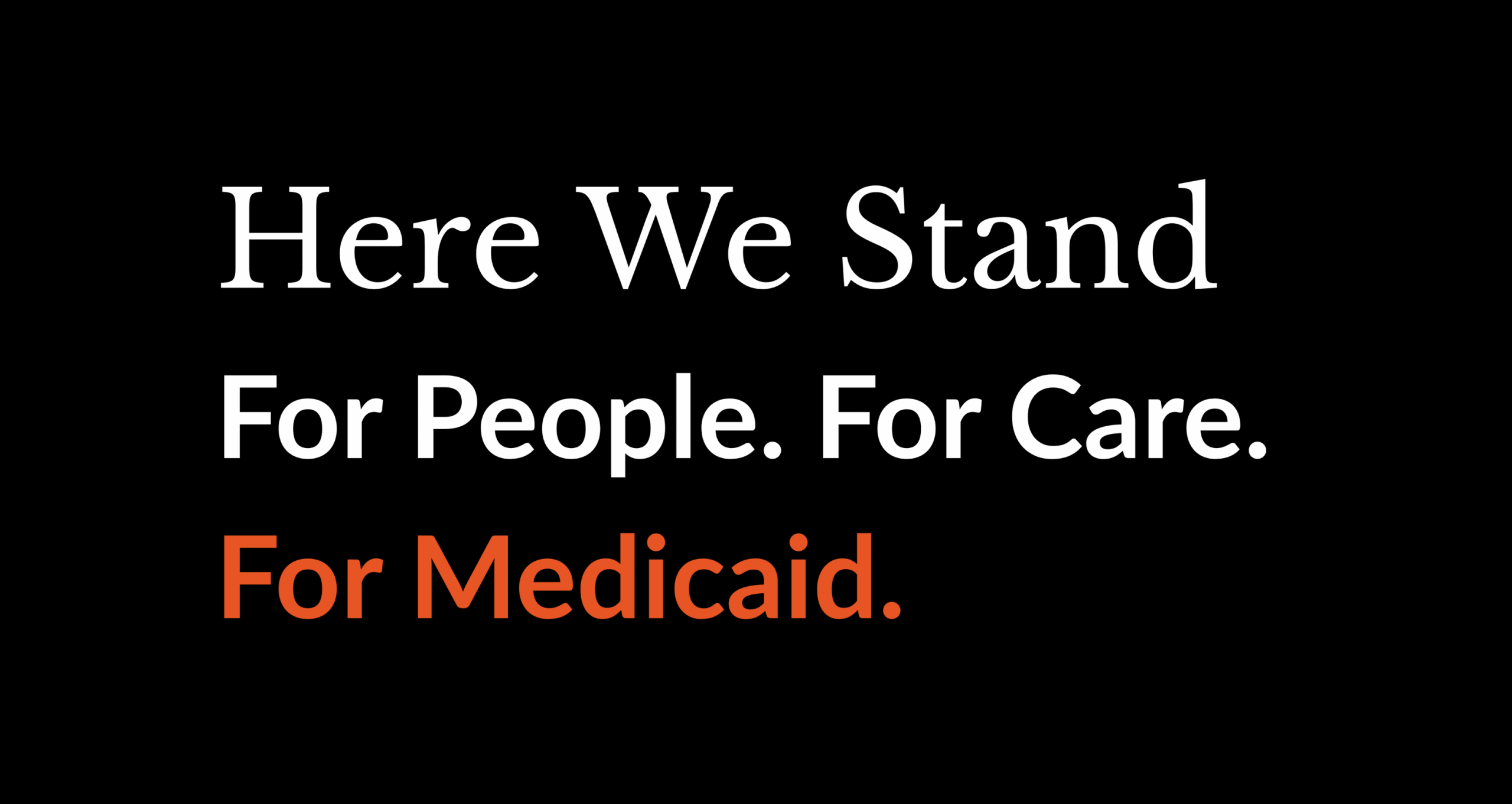
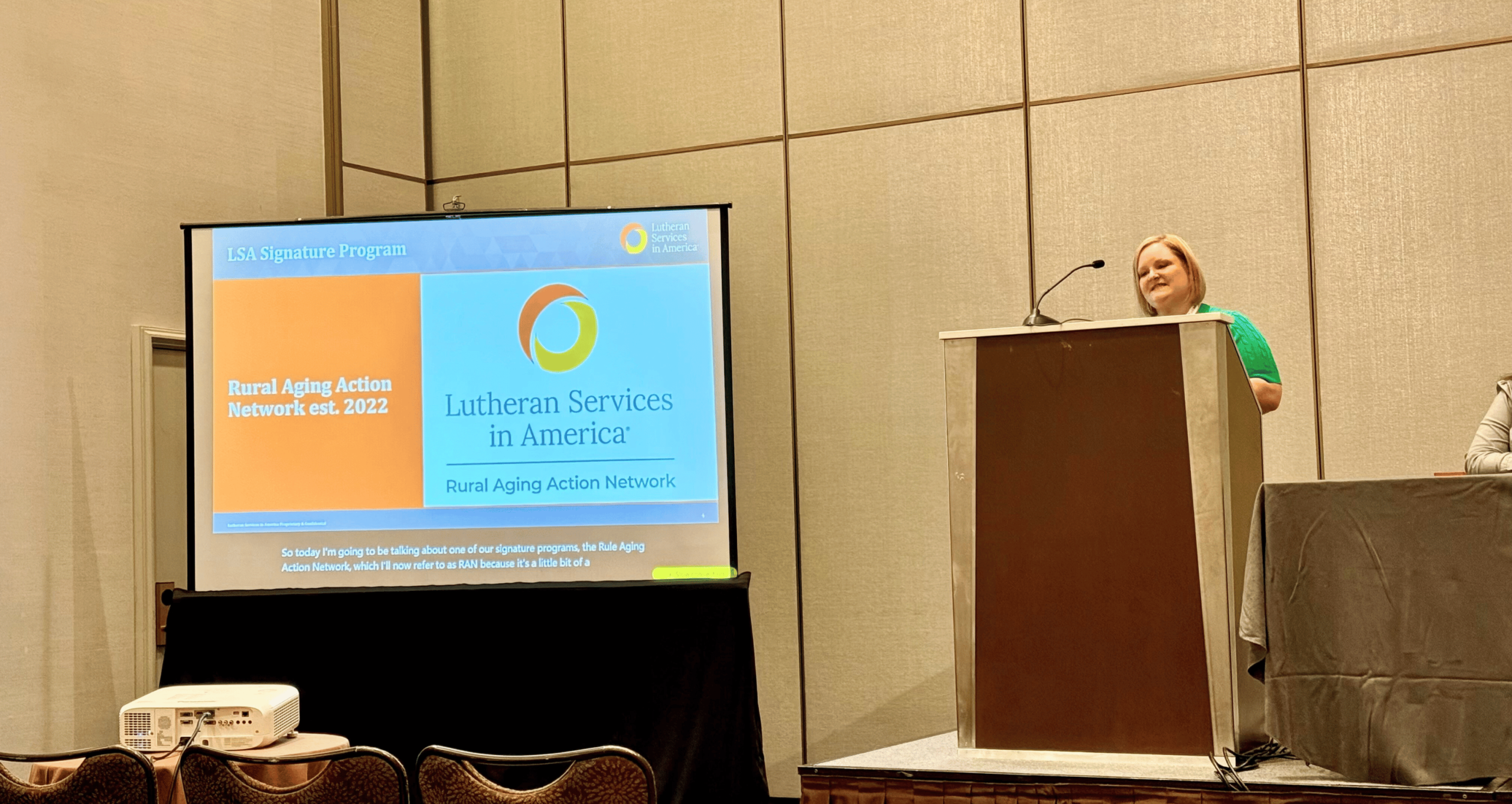

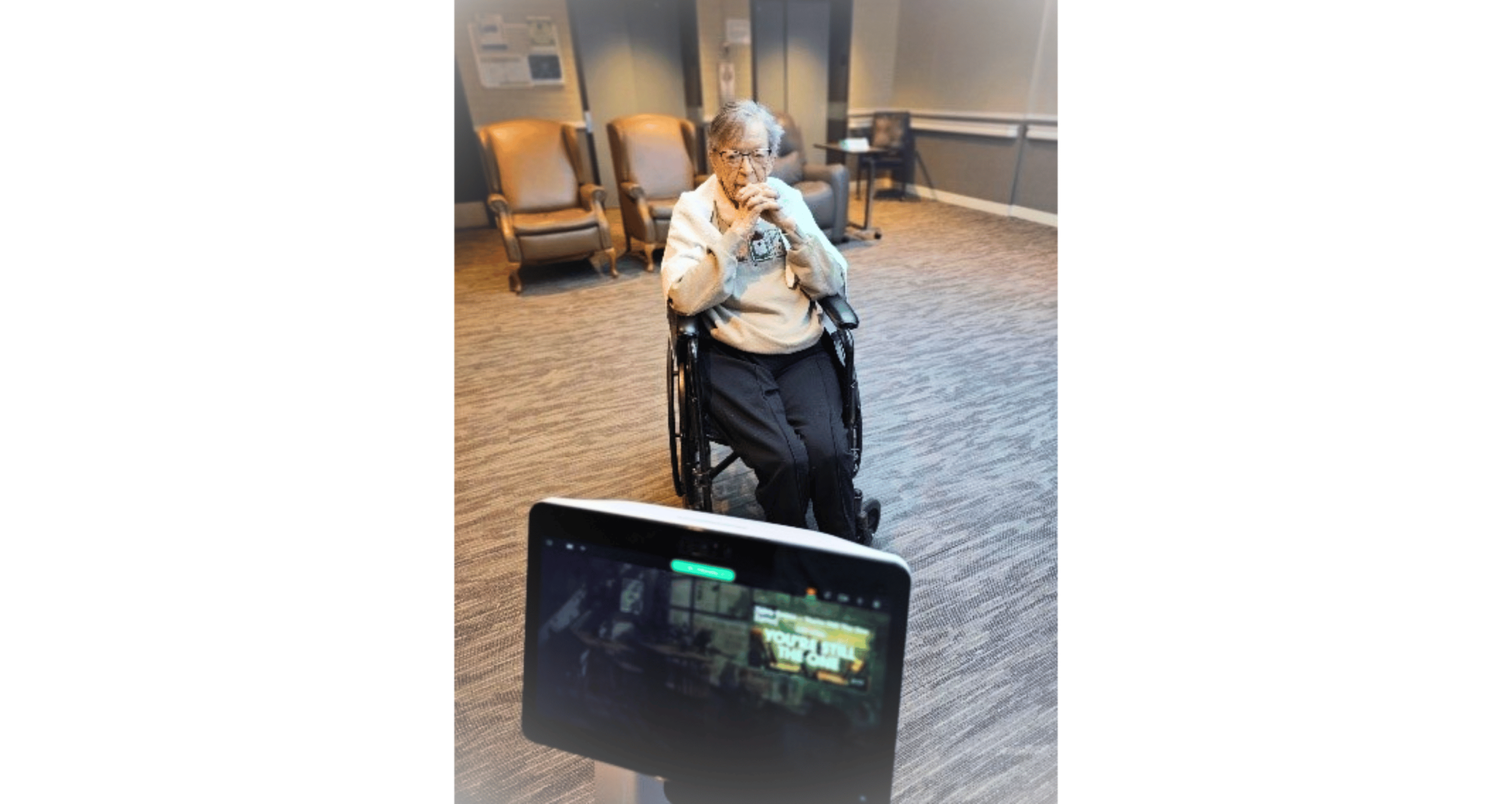
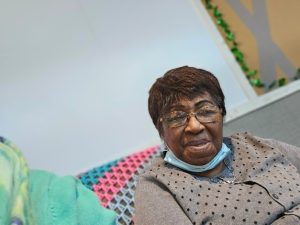 The response has been overwhelmingly positive. One resident calls Temi her go-to partner for a daily game of solitaire (no more shuffling required!). Another resident uses Temi as a walking companion who plays favorite hymns along the way and helps her stay physically active while bringing joy in her daily routine. Moreover, staff and family caregivers report seeing improved moods and stronger daily engagement.
The response has been overwhelmingly positive. One resident calls Temi her go-to partner for a daily game of solitaire (no more shuffling required!). Another resident uses Temi as a walking companion who plays favorite hymns along the way and helps her stay physically active while bringing joy in her daily routine. Moreover, staff and family caregivers report seeing improved moods and stronger daily engagement.